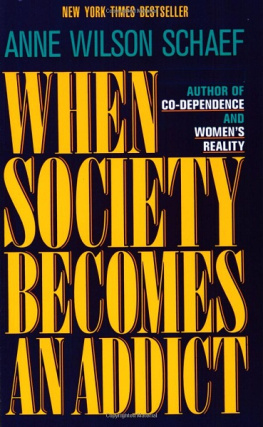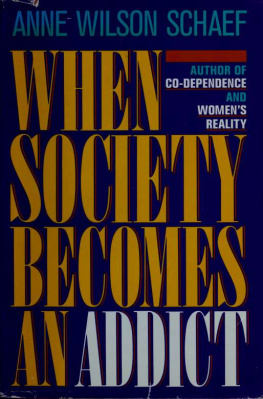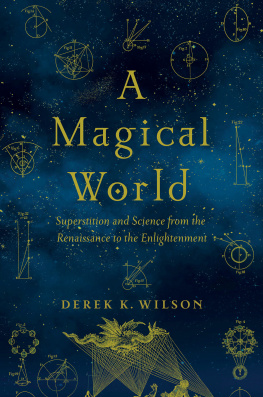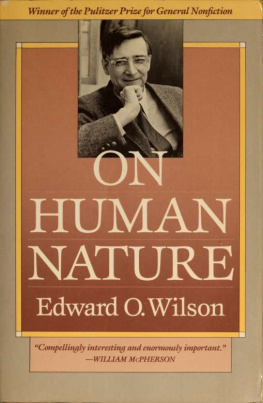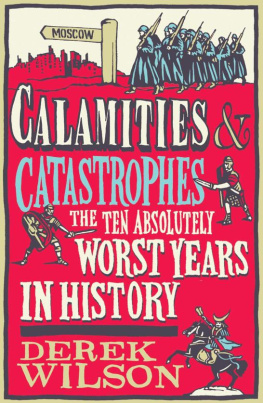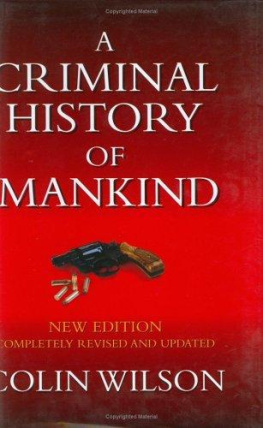FRANK W. BLACKMAR
PROFESSOR OF SOCIOLOGY, UNIVERSITY OF KANSAS
CHARLES SCRIBNER'S SONS
NEW YORK CHICAGO BOSTON
ATLANTA SAN FRANCISCO
Copyright, 1926, by
CHARLES SCRIBNER'S SONS
Printed in the United States of America
PREFACE
This book tells what we know of man, how he first lived, how he worked with other men, what kinds of houses he built, what tools he made, and how he formed a government under which to live. So we learn of the activities of men in the past and what they have passed on to us. In this way we may become acquainted with the different stages in the process which we call civilization.
The present trend of specialization in study and research has brought about widely differentiated courses of study in schools and a large number of books devoted to special subjects. Each course of study and each book must necessarily represent but a fragment of the subject. This method of intensified study is to be commended; indeed, it is essential to the development of scientific truth. Those persons who can read only a limited number of books and those students who can take only a limited number of courses of study need books which present a connected survey of the movement of social progress as a whole, and which blaze a trail through the accumulation of learning, and give an adequate perspective of human achievement.
It is hoped, then, that this book will form the basis of a course of reading or study that will give the picture in small compass of this most fascinating subject. If it serves its purpose well, it will be the introduction to more special study in particular fields or periods.
That the story of this book may be always related more closely with the knowledge and experience of the individual reader, questions and problems have been added at the conclusion of each chapter, which may be used as subjects for discussion or topics for themes. For those who wish to pursue some particular phase of the subject a brief list of books has been selected which may profitably be read more intensively.
F. W. B.
CONTENTS
PART I
CIVILIZATION AND PROGRESS
CHAPTER
PAGE
I.
The human trail. Civilization may be defined. The material evidences of civilization are all around us. Primitive man faced an unknown world. Civilization is expressed in a variety of ways. Modern civilization includes some fundamentals. Progress an essential characteristic of civilization. Diversity is necessary to progress. What is the goal of civilized man? Possibilities of civilization. Civilization can be estimated.
II.
How mankind goes forward on the trail. Change is not necessarily progress. Progress expresses itself in a variety of ideals and aims. Progress of the part and progress of the whole. Social progress involves individual development. Progress is enhanced by the interaction of groups and races. The study of uncultured races of to-day. The study of prehistoric types. Progress is indicated by early cultures. Industrial and social life of primitive man. Cultures indicate the mental development of the race. Men of genius cause mutations which permit progress. The data of progress.
III.
Difficulty of measuring progress. Progress may be measured by the implements used. The development of art. Progress is estimated by economic stages. Progress is through the food-supply. Progress estimated by the different forms of social order. Development of family life. The growth of political life. Religion important in civilization. Progress through moral evolution. Intellectual development of man. Change from savagery to barbarism. Civilization includes all kinds of human progress. Table showing methods of recounting human progress.
PART II
FIRST STEPS OF PROGRESS
IV.
The origin of man has not yet been determined. Methods of recounting prehistoric time: (1) geologic method, (2) paleontology, (3) anatomy, (4) cultures. Prehistoric types of the human race. The unity of the human race. The primitive home of man may be determined in a general way. The antiquity of man is shown in racial differentiation. The evidences of man's ancient life in different localities: (1) caves, (2) shell mounds, (3) river and glacial drifts, (4) burial-mounds, (5) battle-fields and village sites, (6) lake-dwellings. Knowledge of man's antiquity influences reflective thinking.
V.
The efforts of man to satisfy physical needs. The attempt to satisfy hunger and protect from cold. The methods of procuring food in primitive times. The variety of food was constantly increased. The food-supply was increased by inventions. The discovery and use of fire. Cooking added to the economy of the food-supply. The domestication of animals. The beginnings of agriculture were very meagre. The manufacture of clothing. Primitive shelters and houses. Discovery and use of metals. Transportation as a means of economic development. Trade, or exchange of goods. The struggle for existence develops the individual and the race.
VI.
The character of primitive social life. The family is the most persistent of social origins. Kinship is a strong factor in social organization. The earliest form of social order. The reign of custom. The Greek and Roman family was strongly organized. In primitive society religion occupied a prominent place. Spirit worship. Moral conditions. Warfare and social progress. Mutual aid developed slowly.
PART III
SEATS OF EARLY CIVILIZATION
VII.
The origin of language has been a subject of controversy. Language is an important social function. Written language followed speech in order of development. Phonetic writing was a step in advance of the ideograph. The use of manuscripts and books made permanent records. Language is an instrument of culture. Art as a language of aesthetic ideas. Music is a form of language. The dance as a means of dramatic expression. The fine arts follow the development of language. The love of the beautiful slowly develops.
VIII.
Man is a part of universal nature. Favorable location is necessary for permanent civilization. The nature of the soil an essential condition of progress. The use of land the foundation of social order. Climate has much to do with the possibilities of progress. The general aspects of nature determine the type of civilization. Physical nature influences social order.
IX.
The first nations with historical records in Asia and Africa. Civilization in Mesopotamia. Influences coming from the Far East. Egypt becomes a centre of civilization. The coming of the Semites. The Phoenicians became the great navigators. A comparison of the Egyptian and Babylonian empires. The Hebrews made a permanent contribution to world civilization. The civilization of India and China. The coming of the Aryans.
X.
The governments of the early Oriental civilizations. War existed for conquest and plunder. Religious belief was an important factor in despotic government. Social organization was incomplete. Economic influences. Records, writing, and paper. The beginnings of science were strong in Egypt, weak in Babylon. The contribution to civilization.



